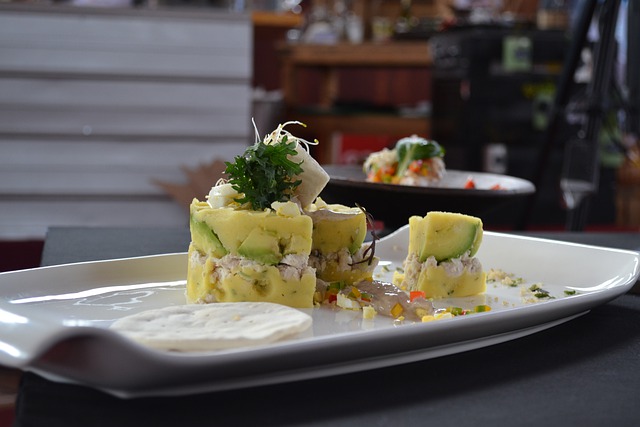The kitchen is one of the busiest rooms in a house, and its activities can match a manufacturing process. In such a progression of activities, it is difficult to avoid waste. However, it is possible to devise ways of handling waste in the kitchen to promote a healthy environment. There are simple ways you can follow to integrate sustainability in the kitchen on a day-to-day basis.
Start Composting
Composting refers to recycling organic material like food leftovers and turning them into manure or fertilizer to help grow plants. Food is the main feature of all kitchen processes. It is also subject to a lot of avoidable waste.
To be more sustainable in the kitchen, you will need to pay attention to handling food and its implements. First, you need to identify recyclable food types in the garbage. Secondly, separate food trash from non-food items prior to disposal.
Different components of garbage are subject to unique recycling procedures by diverse service providers. You should identify who can collect the various types of waste and recycle it. Some of the trash can be of use to you too. All food waste turns a once useless heap of trash into compost for your garden.
Save Your Cooking Oil
Oil is a vital ingredient in cooking, but it is also a culinary component susceptible to waste. Enhancing sustainability in the kitchen is incomplete if there is no focus on handling cooking oil. Many times, people discard used cooking oil after one or two uses. The oil then creates an environmental hazard that is easily avoidable.
The first step of minimizing this food ingredient waste is collecting the used oil. A common practice is to dispose of used cooking oil down the kitchen drain. This form of disposal can clog the pipes and damage the kitchen pipeline. Store it instead for recycling. Some companies specialize in collecting used cooking oil and can help you monetize the commodity.
Ditch Paper Products
People like to buy paper towels, plates, napkins, etc., because they do not want to deal with the inconveniences of dishwashing. Purchase of such items is, however, not a sustainable practice. The non-degradable objects end up as environmental hazards when you trash them.
Practice sustainability by using reusable grocery bags when shopping. Purchasing the reusables is cheaper and gives a win-win situation where you save money and are also sustainable in your kitchen. You can also find aesthetically pleasing cloth towels and napkins to add to your kitchen essentials.
Buy in Bulk
Buying in bulk is another sustainable practice that enables you to save money. The sustainability of bulk buying lies in bringing your container instead of using disposable plastic bags. You also save time with fewer trips to grocery stores to restock your cooking staples.
When food purchases are in bulk, the next, best thing is to cook in bulk. When you cook food in large quantities, you save on appliance energy that you would use to cook several times. You also save your time and are free to do other activities.
Conserve Water
Tons of water go to waste every day through excessive or inefficient usage. Many times, one leaves a kitchen tap running while doing other quick chores in the kitchen. While it seems like a few seconds each time, the accumulation over time translates to large amounts of water waste.
Other means of inefficient water use in the kitchen are washing items through running water, discarding reusable water, and non-optimal dishwashing. Using running tap water to clean dishes in place of soaking them in the kitchen sink to clean up will lead to double quantity usage. Washing a sink half full of dirty dishes makes for more optimal water usage than washing one plate at a time.
Keep the Kitchen Sustainable
Sustainability in the kitchen is vital, and simple activities make all the difference. Not only does it help protect the environment, but it also saves you money in the long run. The bottom line is to notice the small actions, which cumulatively make a difference over time.




